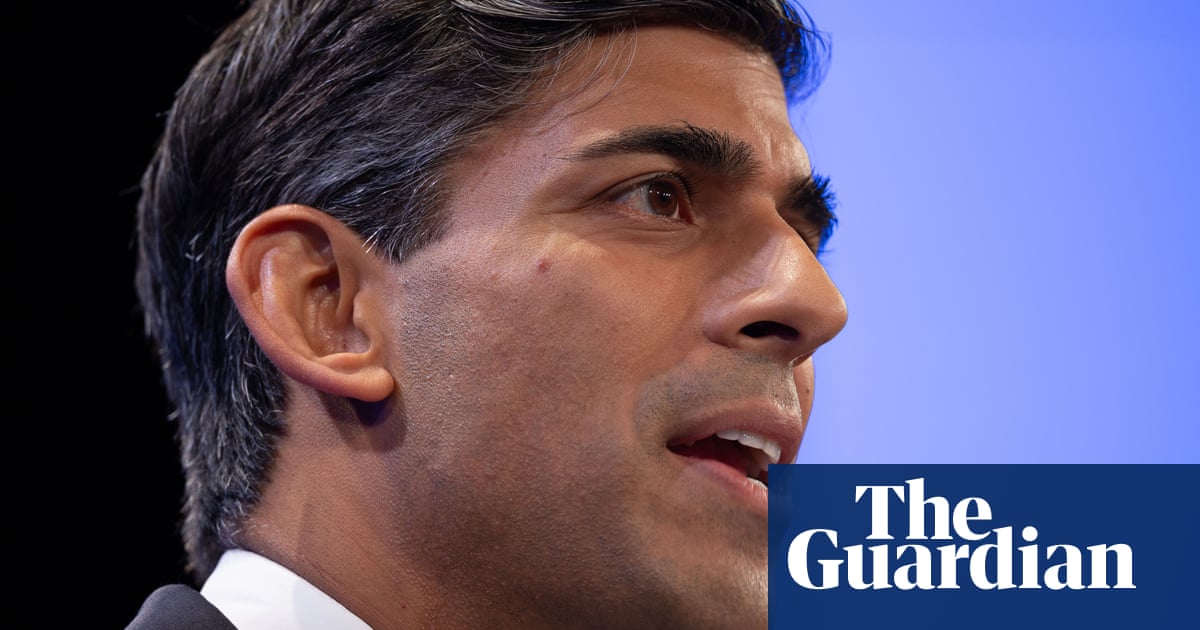
In 1996, Diane Abbott wrote a column for the Hackney Gazette objecting to the recruitment of Finnish nurses to work in a local hospital. The NHS, she argued, should be employing local people, not importing them from abroad. It’s a familiar claim, though usually pushed by conservatives rather than by the Labour left. Most striking, though, was the way Abbott presented her argument.
“Are Finnish girls, who may never have met a black person before, let alone touched one, best suited to nurse in multicultural Hackney?’’ Abbott asked, expressing surprise that “blonde, blue-eyed girls from Finland” had been chosen rather than Caribbean nurses “who know the language and understand British culture and institutions’’.
In the controversy that followed, Tottenham MP Bernie Grant defended Abbott. Grant was, like Abbott, one of the historic four black and Asian MPs who had entered parliament in 1987. He dismissed as “nonsense” the idea that Finns could have “empathy with black people”. Scandinavians, he added, “don’t know black people – they probably don’t know how to take their temperature”.
It was an extraordinary argument, of the visceral kind often deployed by the reactionary right to demonise immigrants as un-British. Yet, here were black leaders exploiting the same language in the name of “antiracism”.
That old controversy is worth recalling in light of the latest storm swirling around Abbott. Her letter to the Observer last week dismissing the hostile experiences faced by Jewish, Irish and Traveller people as mere “prejudice”, unlike the racism faced by black people, brought about a week of condemnation.
Beyond the immediate debate about Abbott, there lies a deeper question. How could someone described by John McTernan, Tony Blair’s former aide and not a natural Abbott ally, as “a lifelong campaigner against racism” end up making such pernicious claims? To answer that, we need to look not just at Abbott herself but at the way antiracism has transformed over the past four decades.
When I was growing up, “black” could refer as much to me as it could to someone like Abbott. It was, in the early 1980s, a political, not ethnic, label, part of the attempt to forge more inclusive antiracist movements.
Antiracists recognised that different groups were freighted with different experiences and that the racism faced by Jewish, Irish and African-Caribbean people was often distinct. They also recognised that to challenge racism one had to overcome the divisions it created. Hence, they worked to coalesce those different experiences into a common struggle; and one that was intimately interwoven with broader movements for social justice and working-class betterment.
That kind of universalist perspective was nurtured by a belief in the possibilities of building movements of solidarity that could bridge the fissures of race, and so transform society. It’s a belief that has ebbed over the past half century as radical struggles have disintegrated and labour movement organisations weakened.
One consequence has been the entrenchment of what we now call “identity politics”. As hopes for social change have eroded, many have clung ever more fiercely to their own communities as places of safety and shelter. The more one hunkers down in separate laagers, the more the laager becomes the only way through which to perceive the world, and the bigger one’s race or identity looms in one’s consciousness. Antiracism has come to be more fragmented, more inward looking and viewed more as a kind of zero-sum struggle in which the interests of one group are set off against those of another.
At the same time, racism has become seen primarily as an issue of “whiteness”, an expression of “white privilege”; as something that white people dish out and from which non-whites suffer. It’s an approach that has turned a social issue into a matter of personal and group psychology.
The reduction of racism to whiteness makes it more difficult to build solidarity – after all, why would you seek camaraderie with people whom you regard as the problem, and why would they build a movement with you? It has also made many blind to the realities of racism.
Consider antisemitism. Jews are of many different ethnicities, and historically have been viewed as a distinct race, inferior to Aryans, a belief that paved the way to the Holocaust. More recently, though, they have come to be seen as both white and privileged, a transformation that has led many to deny that Jews could be victims of racism and created in certain circles an obliviousness to antisemitism. Nor is it just Jews whose experiences of bigotry and discrimination have become effaced, or at least minimised, because they are seen as “white”. Abbott’s letter is the inevitable consequence of the fracturing of antiracism and the reduction of racism to whiteness.
There is another side to this story, too. Many of Abbott’s fiercest critics themselves pursue the same divisive and bigoted strategies, and often to far more devastating effect. Last Sunday, immigration minister Robert Jenrick condemned the “ignorant, offensive and shameful” views in Abbott’s letter. On Tuesday, he gave a speech to the conservative thinktank Policy Exchange in which he defended the government’s new illegal immigration bill.
The “values” of those crossing the Channel in small boats, Jenrick claimed, were “completely different” to British values, and were “undermining cultural cohesion”. His ministerial boss, the home secretary, Suella Braverman, echoed the claim that Channel migrants “possess values… at odds with our country”, adding that they are given to “heightened levels of criminality” including “drug dealing, exploitation, prostitution”.
I have previously written about the malicious distortion of truth in Home Office immigration propaganda, and why the current crisis has been manufactured by the government. There is something more than “ignorant, offensive and shameful” in seeking the moral high ground over Abbott’s letter while also disparaging migrants and threatening refugees with deportation to Rwanda. Unlike Abbott, Jenrick and Braverman wield real power, not just over those whom they detain and deport, but also in their attempt to use destructive arguments to stoke hostility and create an “us and them” mentality.
If we want to nurture again the kind of radical universalism that once imbued antiracism, we need not just to challenge arguments such as Abbott’s, important though that is.
We need also to challenge the malevolent claims promoted by the likes of Jenrick and Braverman, and which carry with them the weight of state enforcement. To challenge the one but not the other is performative signalling at its worst.
Kenan Malik is an Observer columnist












